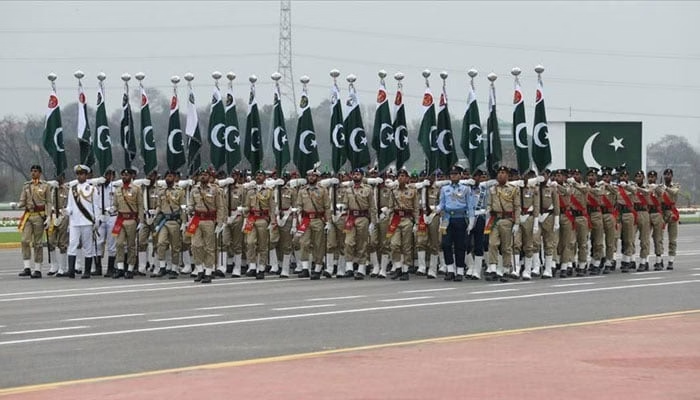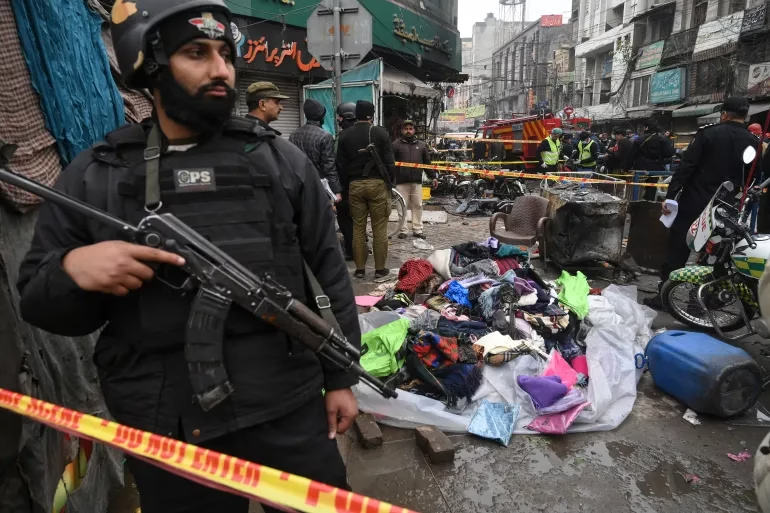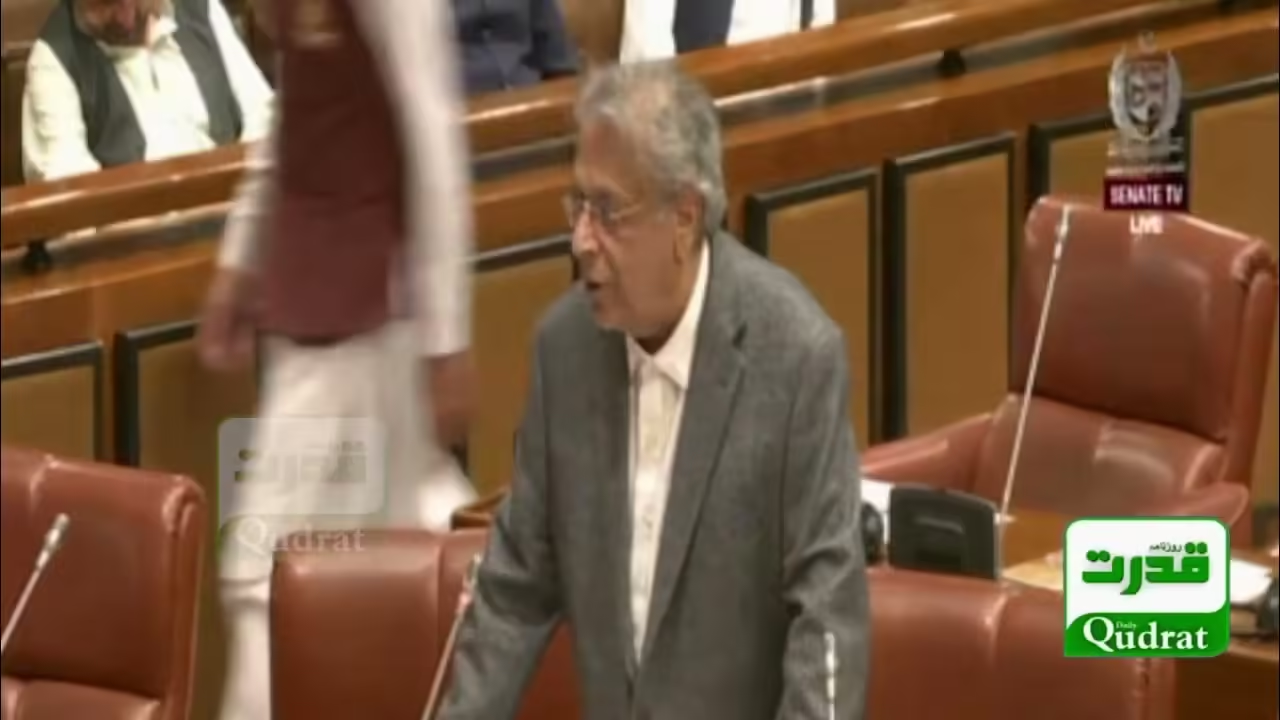The federal government of Pakistan has unveiled a historic national budget exceeding Rs17.57 trillion (Rs17,573 billion) for the fiscal year 2025–26. A significant portion of the budget—Rs2,550 billion—has been allocated to defense, marking a 20% increase compared to the previous fiscal year.
In the 2024–25 budget, the defense allocation stood at Rs2,122 billion. This year’s rise reflects both inflationary pressures and evolving security demands amid heightened regional and internal threats.
Defense Allocation Sees Major Boost
The increase of Rs428 billion in the defense budget has placed Pakistan’s military spending under the spotlight. While presenting the federal budget in the National Assembly, Finance Minister Muhammad Aurangzeb acknowledged the importance of robust defense funding given the nation’s ongoing security challenges.
He highlighted that the armed forces have performed their duties with “commendable dedication,” particularly in safeguarding the borders and ensuring internal stability in volatile regions. In recognition of their sacrifices and continued service, the Finance Minister announced additional relief for military personnel.
Special Relief Allowance for Armed Forces
A key component of the defense budget for FY 2025–26 is the provision of a special relief allowance for officers, junior commissioned officers (JCOs), and soldiers of the Pakistan Armed Forces. This allowance is meant to support the welfare of active-duty personnel during challenging times marked by high inflation and security operations.
Finance Minister Aurangzeb stated that these additional expenses will be managed within the allocated Rs2,550 billion defense budget and will not require a supplementary grant or adjustment from other departments.
Strategic Justification
The government defended the increased military spending by pointing to the “precarious” security situation both within and outside the country. With the Afghanistan-Pakistan border witnessing repeated militant activity, and regional geopolitical tensions escalating, Islamabad is seeking to maintain a state of high readiness.
Furthermore, the military continues to play a vital role in counterterrorism, border security, and disaster relief efforts, often working alongside civilian institutions to maintain law and order.
Breakdown and Broader Context
Although the government has not publicly disclosed the detailed breakdown of the defense budget due to security concerns, analysts expect the funds to be used for:
- Personnel salaries and allowances
- Procurement of weapons, ammunition, and modern military technology
- Maintenance and upgrades of equipment and facilities
- Operational logistics and intelligence infrastructure
Defense analysts believe that a considerable portion of the increase may also go towards technological modernization and cybersecurity enhancements, areas the military has increasingly prioritized in recent years.
Political and Economic Implications
While the government frames the budget as essential for national security, critics argue that the large defense allocation may place added pressure on other critical sectors, such as health, education, and development.
With the overall budget deficit still a major concern, and external debt servicing consuming a large chunk of resources, there are calls for greater transparency and prioritization of social welfare initiatives. However, the government maintains that a strong and stable defense structure is fundamental for sustained economic and social development.
Public Sentiment and Parliamentary Reaction
The announcement drew a mix of reactions in Parliament. Members of the treasury benches praised the armed forces and welcomed the enhanced support for military personnel. Opposition lawmakers, while acknowledging the role of the armed forces, urged the government to strike a better balance between defense and human development needs.
Finance Minister Aurangzeb assured the House that the budget reflects a careful balancing act,and that reforms in taxation, development, and governance will be rolled out alongside defense enhancements to boost overall national performance.
The Rs2,550 billion defense allocation signals Pakistan’s continued commitment to national security amidst growing regional and internal challenges. As the armed forces remain at the forefront of maintaining order and protecting sovereignty, the government aims to equip them with the resources needed for modern threats, while also recognizing their sacrifices through financial relief.
However, the broader challenge for policymakers remains: how to ensure security and economic stability go hand-in-hand, without compromising essential public services in the process.



